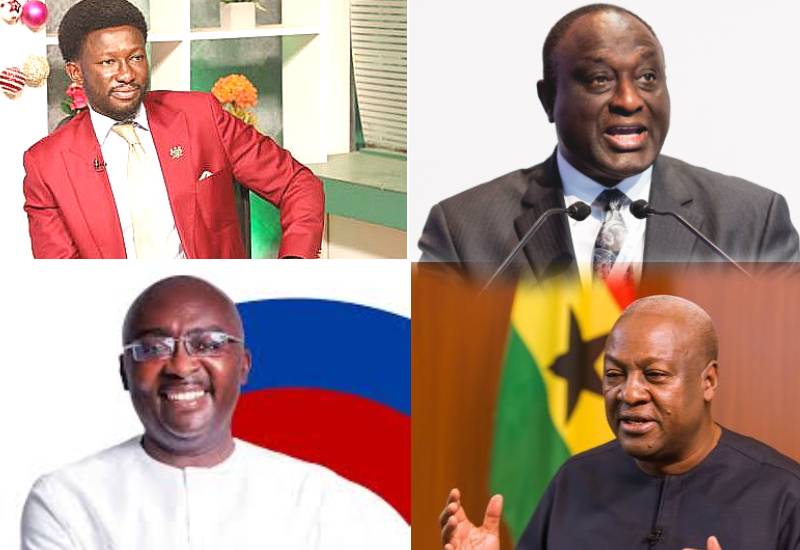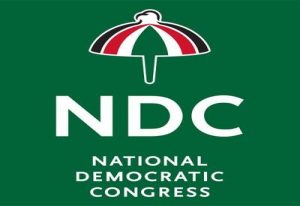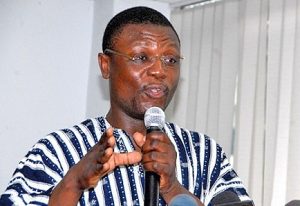In the complex landscape of Ghanaian politics, a troubling trend has taken root: political allegiance has morphed into a cult-like devotion that often disregards substantive issue discussions. This sycophantic approach, characterized by unwavering loyalty to parties such as the New Patriotic Party (NPP) and the National Democratic Congress (NDC), persists despite a pressing need to engage critically with the issues that truly affect the nation.
Both NPP and NDC supporters seem trapped in an echo chamber, where party loyalty supersedes the evaluation of party manifestos, policies, and their potential impact on the populace. This results in a political landscape where mature discourse is overshadowed by emotional appeals and personality cults, leaving critical issues—such as economic growth, healthcare, and education—by the wayside.
The implications of this brand of politics are severe, particularly for the modern generation. Many university graduates, instead of being equipped with the tools to question and critique, are led to believe that political engagement means subscribing to one party or another. This leaves them disillusioned, fostering a belief that success in their fields is contingent upon party affiliation rather than merit, creativity, or innovation. As a result, youth engagement in politics may center around tribal loyalties and party lines, rather than fostering a culture of constructive dialogue and critical thinking.
If this trend continues unchecked for the next twenty years, the ramifications will be profound. Socially, a generation raised on sycophantic politics may develop deep-seated divides, perceiving opposition as a threat rather than an opportunity for meaningful discourse. Religiously, the intertwining of politics and faith can lead to dangerous consequences when spiritual sanctity is manipulated for partisan gains. Families may find themselves at odds as political narratives fracture unity, and relationships could suffer as loyalty to a party takes precedence over personal bonds.
Moreover, corporate environments may become polarized as workers navigate the complexities of partisanship, potentially leading to toxic workplace cultures grounded in political allegiance rather than professionalism.
In greater context, one must question why Ghanaian politics has distilled into a drama of loud rhetoric rather than a platform for genuine debate. The perception of Ashantis as loyalists of the NPP and the Volta Region as the bastion for the NDC only serves to reinforce an overly simplified narrative of Ghana’s complex social fabric. The worth of a politician should not be measured solely by their ability to mobilize supporters through charismatic appeals but by their commitment to addressing the country’s pressing issues.
Yet, amidst this pervasive mentality, there are a few voices advocating for a change. Politicians like Kwame Bediako of the New Force Movement and Alan Kyerematen of the Butterfly Movement represent alternative pathways for Ghana, emphasizing the need for solutions that resonate with the electorate rather than mere allegiance. Their progressive movements call for a departure from dynastic politics and an embrace of ideas that prioritize development over loyalty.
Ghana finds itself at a critical juncture; immediate action is required to reorient political engagement from sycophantic loyalty back to critical discourse and issue-oriented politics. As citizens, we must advocate for leaders who inspire hope through solid, actionable plans rather than through fervent rallies and performative loyalty. The future of Ghana depends not on the loyalty of its citizens to political parties, but on their commitment to the growth and development of their nation. For a healthy democracy, we must foster a culture of critical thinking that transcends party lines and promotes constructive dialogue for the collective good of the nation.
Godwin Owusu Frimpong




